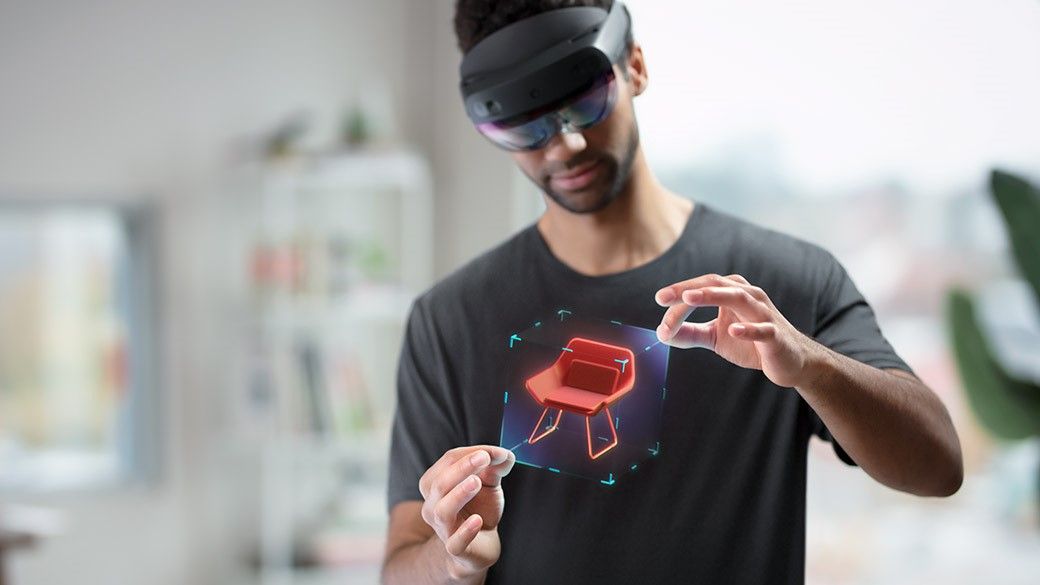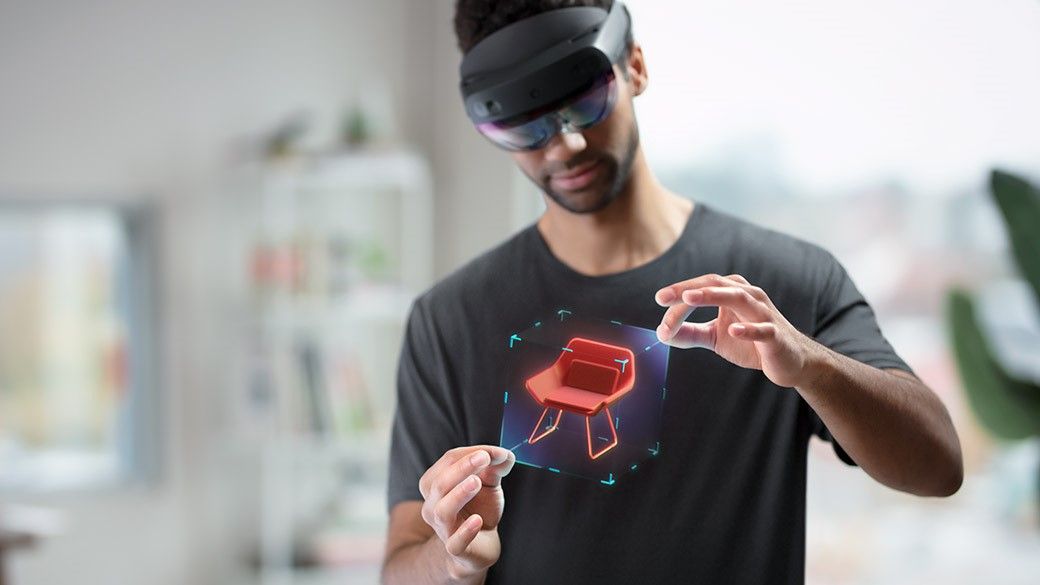
Microsoft’s future AR prospects may look a touch rockier given fresh news that a bunch of staff from its augmented reality division have reportedly left the company for other tech giants, with a substantial percentage of those defectors heading to Meta (Facebook).
According to the Wall Street Journal, about 100 such AR employees have exited stage left from Microsoft in the past year, a number arrived at after speaking to former MS staff and combing online job platforms.
Indeed, WSJ notes that the LinkedIn profiles of over 70 former Microsoft staff working on the HoloLens team show they have now left the firm, and over 40 of those – more than half – have gone to Meta.
Poachers from rival companies have reportedly been offering to double up salaries in some cases, or at least that’s what the sources who spilled the beans claim. It seems there are some serious resources and deep pockets being exercised here.
A Microsoft spokesman told the WSJ that the company had been at the ‘forefront of innovation in metaverse technology’ for some years now, and will “keep advancing state of the art hardware that is more immersive, affordable and in various form factors.”
However, Microsoft wouldn’t be drawn to comment on any specifics about HoloLens staff, but did admit that ‘employee attrition’ in general is a challenge that many teams face.
Analysis: Microsoft isn’t alone, with Apple reportedly having to defend its AR engineers too
To give you some idea of the scale involved here, if it’s true that around 100 staff have left Microsoft as reported, this is from a division of about 1500 workers, so it represents approximately 7% of that workforce. Which sounds like an uncomfortable amount of personnel to be shedding in the course of a year.
However, Microsoft isn’t the only tech giant to apparently be losing staff in this manner, because as we’ve previously heard, Apple is suffering the same kind of fate, as flagged up by Bloomberg at the very end of 2021. Indeed, according to that report, Apple is throwing around some major bonuses to stop its engineers – remember, the company is rumored to be working on some kind of AR/VR headset – from defecting to Meta.
Microsoft, meanwhile, announced a partnership with Qualcomm on an AR chip at CES 2022, Snapdragon silicon which could power lightweight augmented reality glasses – perhaps pointing to a future much more compact and streamlined HoloLens. However, Meta’s big VR metaverse push looks to be running at least some interference with both that potential product and Apple’s AR/VR offering to boot, by the sound of things.
Via MS Power User
